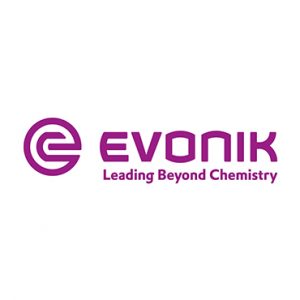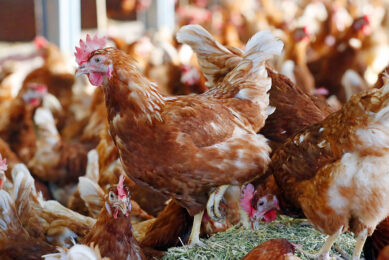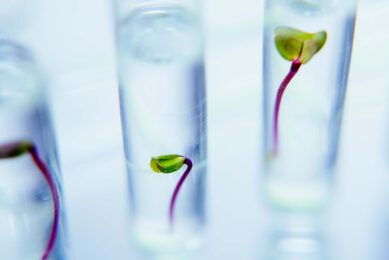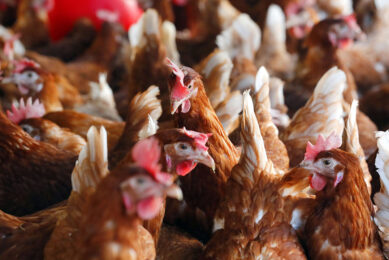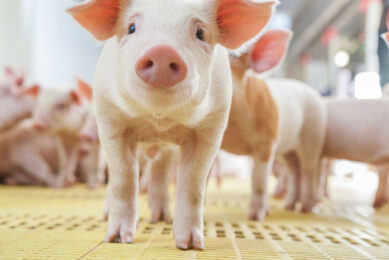Precision feeding of amino acids
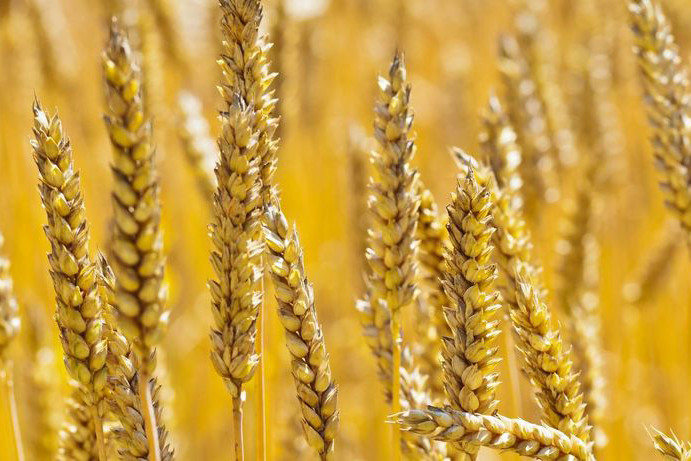
Helping animal feed producers to dose raw materials and amino acids precisely is what Evonik aims to do with it’s near-infrared spectroscopy service.
Amino acids are added to animal feed in order to ensure the efficient and sustainable feeding of livestock. In order to find the optimal dosage, animal feed producers need to know the nutritional needs of the animals as well as the amino acid composition of the respective raw materials, such as grain.
Providing a well balanced diet
If an essential amino acid isn’t present in sufficient amounts, it is added to the feed. This enables the producers to reduce the total amount of the protein-rich raw materials they use. That cuts costs, reduces the environmental impact, and provides the animals with a balanced diet.
The composition of the amino acids can be precisely analysed by Evonik’s Aminonir service, which uses near-infrared (NIR) spectroscopy. It stimulates a raw material sample with near-infrared light and records the resulting vibrational pattern of the molecules as a spectrum.
Experience in sample analysis
The animal feed producers forward the measurement values to the experts at Evonik, who translate the results into amino acid amounts, thanks to their decades of experience and the millions of samples they have already analysed. More than 800 manufacturers are now using their own equipment to measure the samples, then letting Evonik interpret the results online.
Until recently, producers had to grind the samples. This process is difficult to integrate into the producers’ operations though, so the company introduced a technique for precisely analysing the amino acid composition of samples that haven’t been ground. As a result, customers can routinely measure raw materials as they arrive at the feed mill – right when they are unloaded from the truck. The service is another important step toward providing high-quality animal feed that meets customer requirements.
Find out more at: www.aminonir.com


